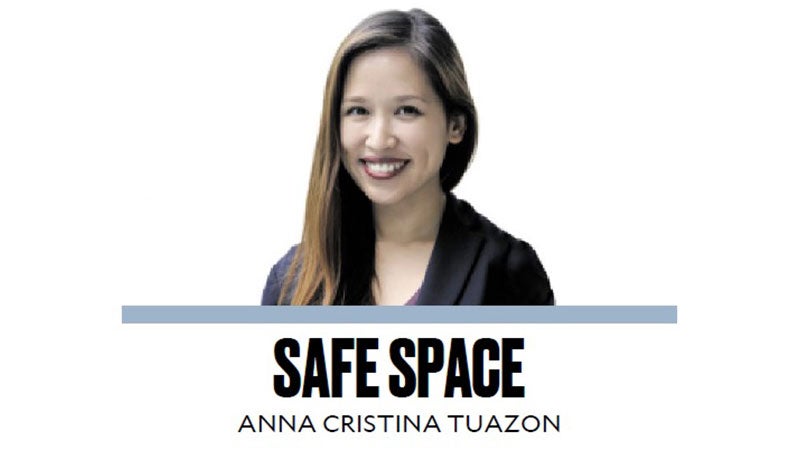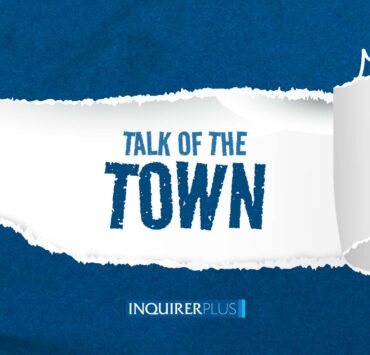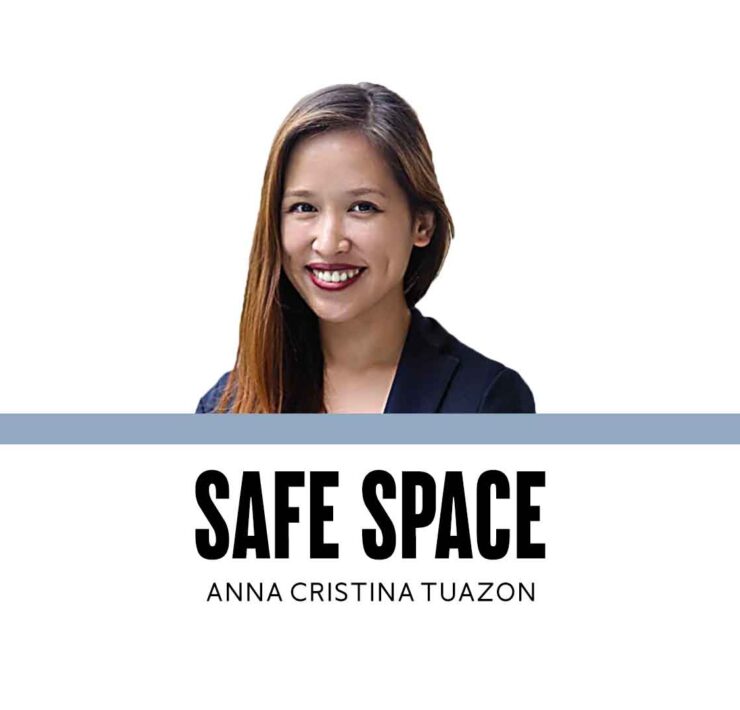‘It’s just a lifestyle show’

Media ethics became a hot topic over the weekend, with some prominent broadcasters called out for featuring the ostentatious wealth of the Discayas, the controversial owners of two of the top 15 construction companies, who amassed billions from flood control projects. With Sarah Discaya having already filed for candidacy at the time, the timing of these interviews last year begged the question of whether they were part of her promotional campaign for mayor of Pasig City. It was already raised if it was appropriate—or even inspiring—to feature a “rags-to-riches” story about contractors who got their wealth from government projects.
An often-cited defense for such media pieces is that it was a lifestyle show and not investigative journalism. As such, they reasoned that it was not their place to question or probe their subjects even when red flags occurred. It is their story to tell, so who are we to question it?
This reminds me of my four-year stint hosting a small public affairs program. One could consider us “lifestyle,” in that we featured human interest stories and looked for inspiring stories of triumph against adversity. But since we were under the banner of “news and public affairs,” we also took our mission of providing education to the public seriously. I’m thankful that our executive producer, Janus Victoria, was unwavering in this regard. She exercised strict quality control that whatever topic we featured had to be treated with enough depth. She disciplined us in finding quality case studies and was discerning about whether useful lessons could be gleaned from their experiences. There were a few times that we decided not to air an episode, especially when we felt that our guest was being disingenuous or had nothing substantial to say on the matter.
My identity—and ethics—as a psychologist didn’t disappear just because I was on the screen. I was hired to host the show precisely because of my profession, to bring a mental health angle to issues of the day. As such, I took care that nothing in our show, either in our content or the way we treated our guests (and each other), would violate my principles as a mental health advocate. I would not allow mentally harmful views to be left unquestioned on air. I would engage with my guest so that multiple perspectives can be highlighted, helping our viewers discern for themselves. When guests talked about their success, I made sure to elucidate the struggles and challenges they faced along the way, as well as the privileges that helped them get there. This was to make sure that viewers won’t feel dissatisfied or disappointed in themselves for somehow not achieving the same success. I wanted them to understand that success has multiple routes, some easier and some harder, and almost always with a lot of luck.
There were also times when I had to take the conversation off-air as it became too personal, requiring my full clinical attention. We were careful to ensure continuing psychological support and resources for guests who needed it. Sometimes we would receive emails from viewers asking for professional advice; we treated those seriously and did not use them for our show.
This is why I cannot understand why the accused show runners would insist that they have no say in the treatment of their interview with the Discayas. As journalism professor Danilo Arao said in an interview about the issue, one cannot stop being a journalist just because one is on a different platform. Similarly, my profession and ethics as a psychologist did not stop simply because I hosted a TV show. Professional ethics should run through every aspect of production. From choosing the topic, choosing the guest, deciding on an angle and how to package the content. The interview should be run ethically; we need to treat both guests and viewers with respect and dignity. One can remain respectful and nonconfrontative in an interview while also making sure that viewers have all the information and context they need to make informed opinions about the subject.
If a small show like ours could exercise editorial control, what more of these big shows with big-name hosts? They are not struggling in ratings; they can have their pick of the litter when it comes to guests. Their reputation has secured them significant autonomy from their networks to run their show as they see fit. We had to balance our topics to keep us afloat in views (and keep the higher-ups appeased). Yes, our most viewed episodes tend to be about sex and relationships. But even those subjects were treated with depth. I made sure we did not turn the topics into a laughing matter. As a psychologist and educator, I made sure that viewers would be able to learn something useful, even with such light-hearted subjects.
Lifestyle can have depth. Lifestyle can be critical. Most of all, lifestyle should uplift and provide insights that improve people’s quality of life. It is never “just” lifestyle.
—————-
aatuazon@up.edu.ph


















The gospel according to the tarpaulin